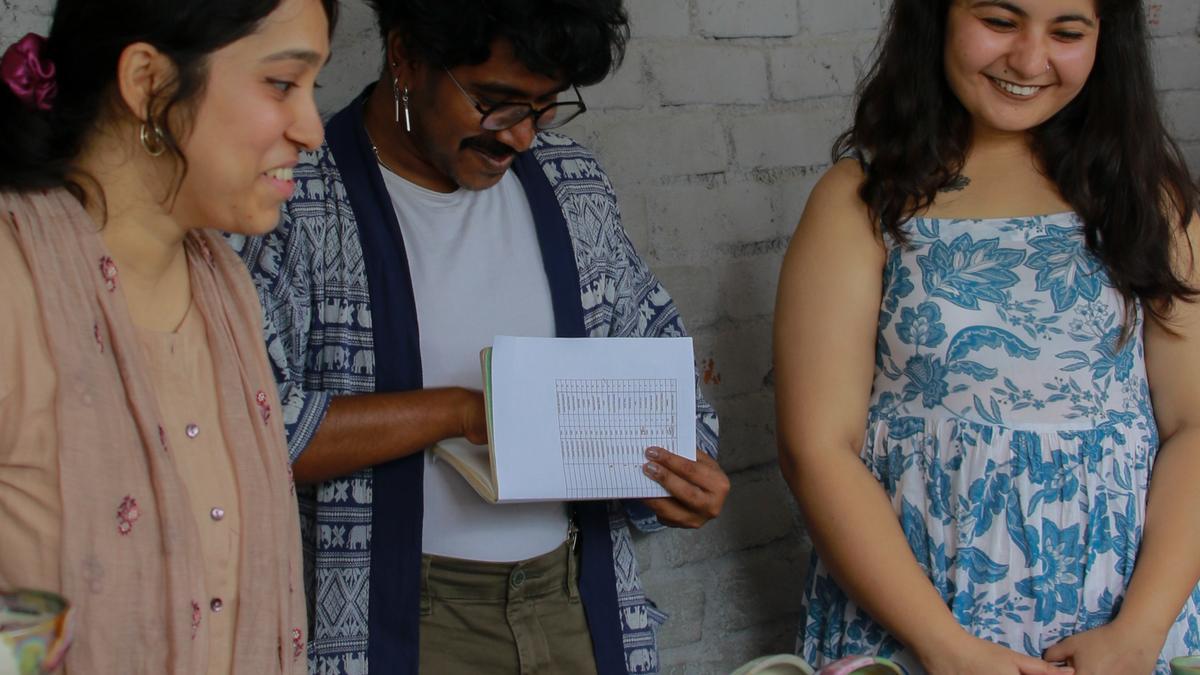
In an unprecedented move that challenges conventional casting norms, actress Adah Sharma steps into a role initially conceived for a male actor. The film in question, “Bastar: The Naxal Story,” comes on the heels of her work in “The Kerala Story” (2023), a film that enjoyed box-office success despite mixed reviews. Barely a year separates these two collaborations with the dynamic duo of Vipul Amrutlal Shah and Sudipto Sen.
Sharma recounts the serendipitous turn of events that led to her taking on a role that defies gender stereotypes. “Bastar was written for a male actor. But Vipul ji and Sudipto da were kind enough to change the gender and offer it to me. That was the coolest part. In ‘The Kerala Story,’ I played a naive victim. Here, I play a powerful character,” Sharma shared. When asked what prompted the significant change in the protagonist’s gender, she revealed her philosophy of not questioning fortune’s favors, expressing gratitude for the opportunity.
“Bastar: The Naxal Story” zooms in on the fraught Maoist insurgency that has plagued the red corridor of Chhattisgarh. Adah Sharma embodies an IPS officer embroiled in the complex battle against this far-reaching revolt. In preparation for her role, Sharma dedicated a month to immersive research and training in Chhattisgarh before the cameras started rolling in October. This meticulous preparation involved shadowing officers both in the heart of their offices and in the depths of the jungle.
The actor left no stone unturned, embracing all the resources at her disposal, from informative videos that shed light on the operational intricacies faced by police personnel, to first-hand interactions with the women of the Central Reserve Police Force (CRPF). These interactions unearthed raw insights, such as the haunting reality officers face during stealth operations where a single misstep can trigger a deadly encounter with Naxalite forces. In addition, Sharma honed her skills in rifle shooting, underscoring her commitment to authentically portraying her character.
The film not only entertains but serves as a profound homage to the undying spirit and sacrifices of India’s Armed Forces. Sharma does not take her safety for granted, acknowledging the protection provided by these valiant souls. “I consider myself lucky that I can live safely thanks to our Armed Forces. This film is about them, about how 76 of our CRPF jawans were killed by the Maoists [in 2010],” she reflects, adding emotional weight to the narrative she spearheads on screen.
This departure from traditional casting conforms to a broader industry trend that sees female actors stepping into roles of substance and resilience, previously reserved for their male counterparts. It mirrors a reality where women in uniform have increasingly taken on roles of significant pressure and responsibility. Sharma’s portrayal is expected to resonate with many for its realism and the acknowledgment of the unsung heroes in uniform.
As “Bastar: The Naxal Story” heads towards its release, the anticipation for this groundbreaking film grows. The entertainment industry watches with bated breath, as this could signify a turning point for more gender-inclusive storytelling within Indian cinema. Sharma, meanwhile, seems poised for further acclaim, with audiences eager to see her transformation from a naive victim in her previous role to a figure of strength and authority. Her journey within the film, and the film itself, promises to be as intriguing as its conception—a testament to the bravery and hearts of both the portrayed and the portrayers.










